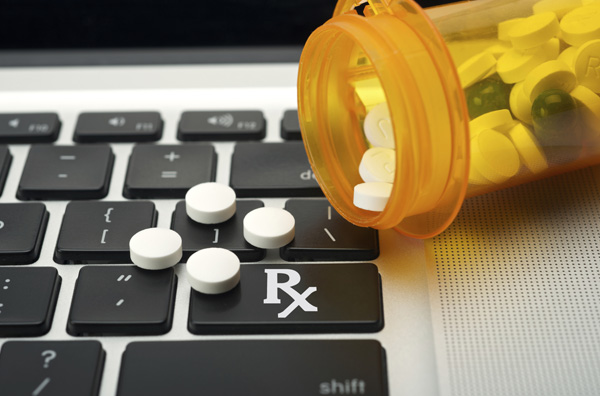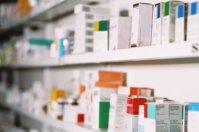Nearly every major pharmacy and department store has an online pharmacy, giving consumers the flexibility of buying prescription and over-the-counter medication from the comfort of their home, and often at discounts of up to 30%. However, as legitimate pharmacies have appeared online, so have fake ones. So how do you know the difference?
Be Informed
According to a October, 2012 report by the National Association of Boards of Pharmacy (NABP), a whopping 97% of the online pharmacies it examined were doing business illegally. In response to this and other findings, the FDA has established a partnership with states’ Boards of Pharmacies to help consumers find pharmacies that are licensed in the U.S. and conducting business above board. BeSafeRx is an interactive map intended to guide consumers through the process of obtaining their drugs online through reputable sources.
In addition, the NABP is attempting to secure a domain designation, .pharmacy, that would be available only to pharmacies licensed within the U.S. The domain suffixes on internet addresses indicate the type of business that the address belongs to, such as .gov, .edu, and .org.
Know the Risk
Drugs purchased from legitimate pharmacies licensed in the U.S. have undergone strict enforcement procedures from the FDA, and all drugs dispensed from these pharmacies have been approved by the FDA. However, pharmacies licensed outside the country often receive their drugs from illegitimate sources. These drugs are often expired, contaminated, or counterfeit, with no governing oversight during their production. This can put your health at risk.
Drugs purchased from these sources are sometimes dispensed without a prescription, placing narcotics in the hands of those who should not have them, such as children and teens.
So What’s Safe?
1) Go with what you know
In the Fall of 2012, the FDA shut down over 4,000 Internet pharmacies for selling counterfeit medication. Therefore, it’s wise to go with names you recognize. Virtually all of the big box stores have online pharmacies, or you can check with your local pharmacist for a recommendation. Never go with an online retailer licensed outside of the U.S. as they are not subject to oversight by the FDA. State of licensure can be found on the FDA’s BeSafeRx website.
2) Use a prescription
If the site does not require a prescription in order to sell you medication, that’s a huge red flag that there’s a problem. No legitimate pharmacy would ever fill an order for medication without an accompanying prescription.
3) If it’s too good to be true…
You’ve heard it before. If it’s too good to be true, it probably isn’t. Does the pricing make sense? Is the online pharmacy offering a prescription at a price that is considerably lower than everyone else? If so, they may be headquartered outside the U.S., and therefore not subject to the restrictions within the country.
Buying your medications online can be safe, convenient, and cost effective. As with anything, it pays to be a smart consumer. The FDA provides a great resource to assist you , so do your research to ensure that you and your family receive the care that you deserve.



